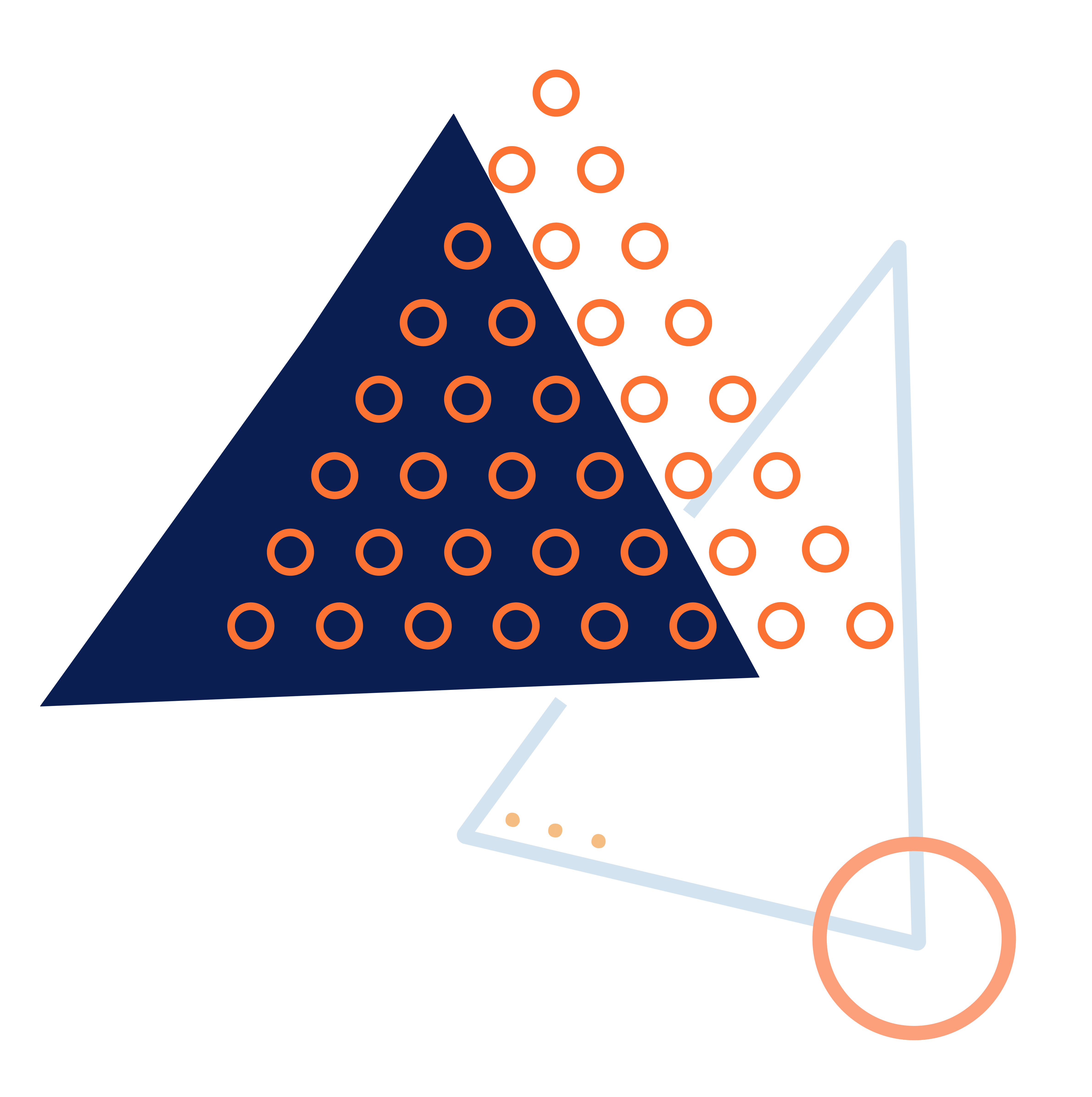

OGIP Commentary 1st November 2019
Inclusive Peace, Inclusive Futures: exploring the urgent need to further the WPS and YPS agendas
Our Generation for Inclusive Peace
As part of OGIP’s Advocacy Pillar we will be publishing policy papers making recommendations to international and governmental policy makers on steps needed to achieve Inclusive Peace. We will draw on the insight and analysis of our contributors and members of OGIP’s Youth Advocates Network to ensure OGIP recommendations are reflective of the diversity of youth perspectives.
Our first policy paper reflects on the need to deepen the links between the Women, Peace and Security (WPS) and Youth, Peace and Security (YPS) agendas whilst pushing for both agendas to go further in their reach and inclusivity. You can download the full policy paper here, but for now, here is a quick summary of our findings.
OGIP Advocates
As a youth-led research and advocacy collective grounded in intersectional feminist methodologies, OGIP sits at the intersect of the WPS and YPS agendas and is perfectly positioned to reflect on the agendas’ potential for strengthening youth-driven contributions to peace processes and their failure up until now to act on these overlaps. The ‘Inclusive Peace, Inclusive Futures’ policy paper discusses the synergies between the two agendas and explores the need to deepen these connections.
Gendered Assumptions
In this analysis, OGIP understands that the gendered assumptions and political contexts that informed the development of these policy agendas have shaped their approach and perspectives on the different people who engage in peace and security and why. In the separation of the WPS and YPS agendas, the UN Security Council has divided the two demographics and reinforced a gap for those individuals and groups who don’t neatly fit into the international community’s binary definitions of ‘youth’ (understood in the agenda's approach as predominantly young men), or ‘women’. Both the political context and the gendered language and assumptions visible in the agendas are detrimental to the genuine inclusion of the multiplicity of perspectives shaped by people’s intersecting identities.
Pigeonholing Women and Youth
Furthermore, OGIP argues that meaningful participation for women or for youth has often been understood to mean women talking to ‘women’s issues’ or relying on young people to raise ‘youth issues’. Truly recognising diversity of experience and perspective means rejecting the limitations on what is a valid issue for defined demographics to speak to and encompassing all peace-related issues that reach beyond a stereotypical mandate.
OGIP believes that weaving the aims of the WPS and YPS agendas together will work to strengthen both. It is also essential, however, to push both agendas further to recognise the diversity of identities that inclusive peace should encompass. By doing so, the international community will begin to remove the limitations on whose participation is deemed ‘valid’ and what issues certain people are allowed to speak to. OGIP argues that these steps will lay the foundations for genuinely participatory peace processes and generate innovation and vision for an inclusive and peaceful future.
Challenging Elite Structures
It is crucial to recognise that the agendas in their current form inevitably maintain international structures and power dynamics. These very structures continue to limit who has access to influential peace and security spaces and whose contribution to peace and security is considered by the international community as valuable. By merely maintaining structures and asking youth voices or women’s voices to adapt to the current way of working, the system is failing to adapt and progress.
There is a clear gap in the peace and security arena to promote the voices of the true diversity of youth engaged in building inclusive peace around the world. The vast and rich range of perspectives, ideas and voices are not being heard by those with the power to create wide-reaching change, and when youth voices are promoted, they are filtered through a lens that ensures they fit to the preconceived agendas that the international community currently works within. By working directly with young people around the world who are active in peace and security spaces (as defined by them), OGIP can support youth working towards inclusive peace to make their voices heard.
OGIP is a growing youth movement, looking for more contributors and participants. We believe that everyone should have their voices heard and their perspectives acknowledged. If you are interested in becoming involved, get in touch with us at OGIPcontact@gmail.com. Work with us to speak your peace.





